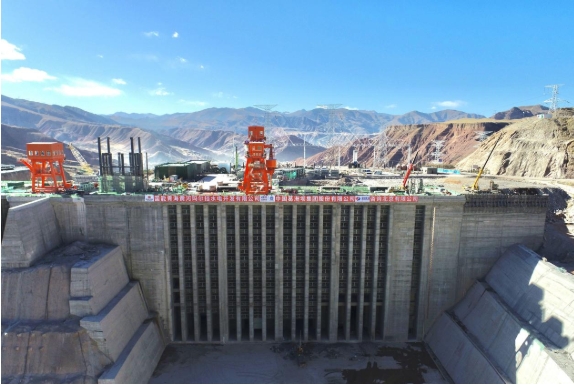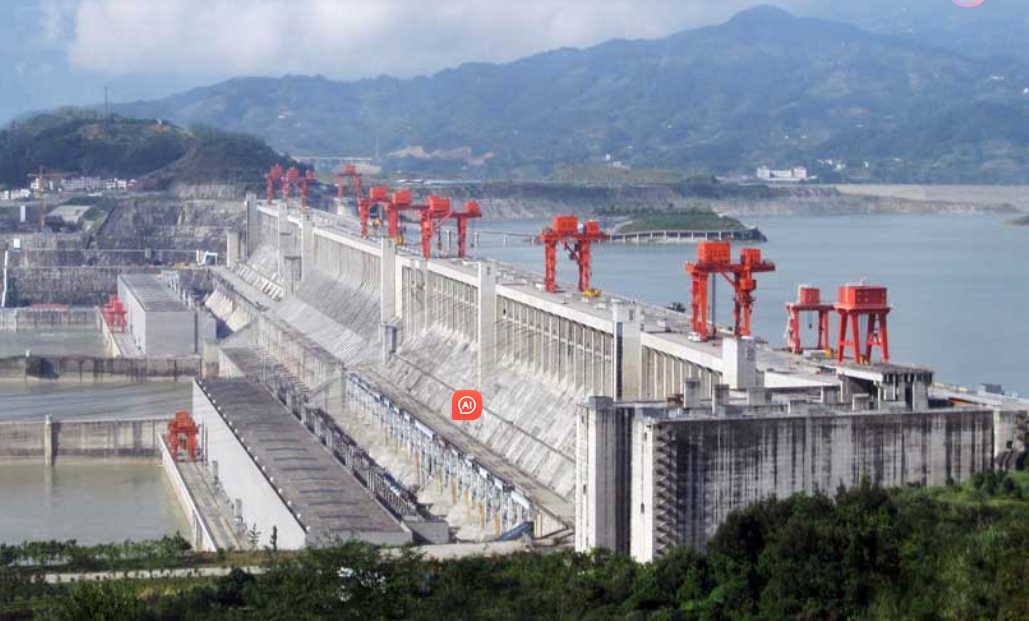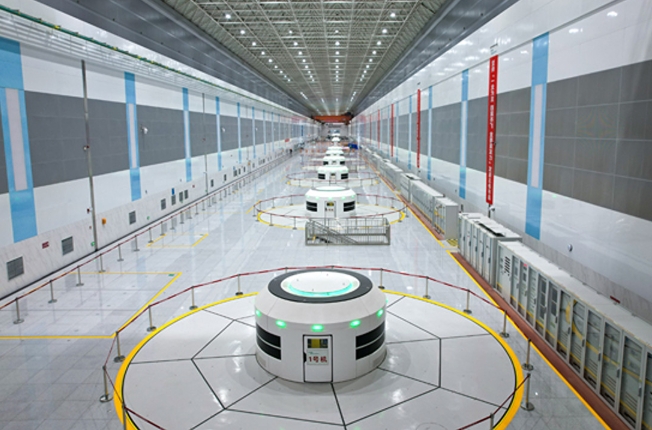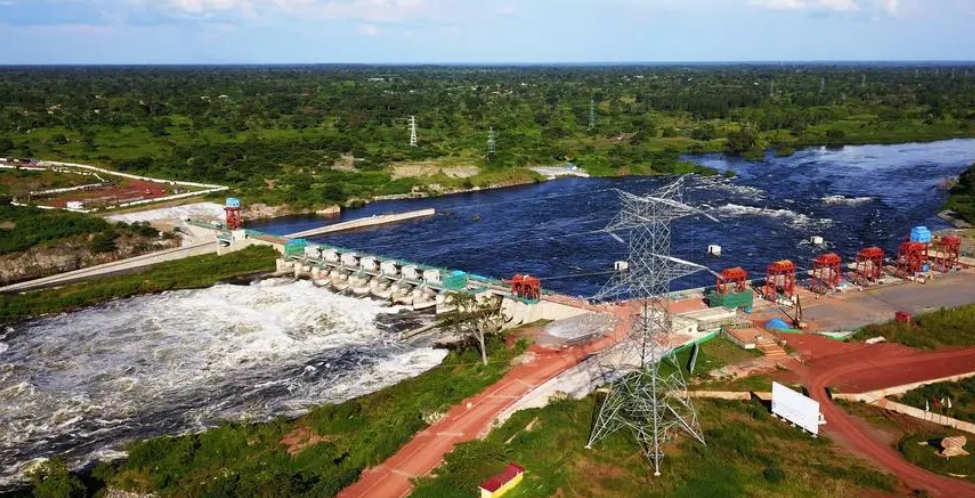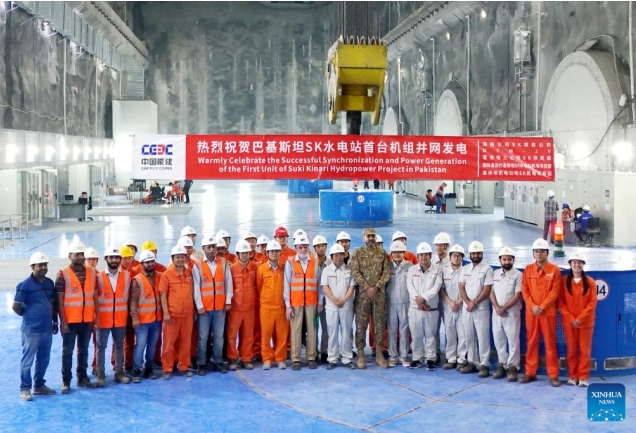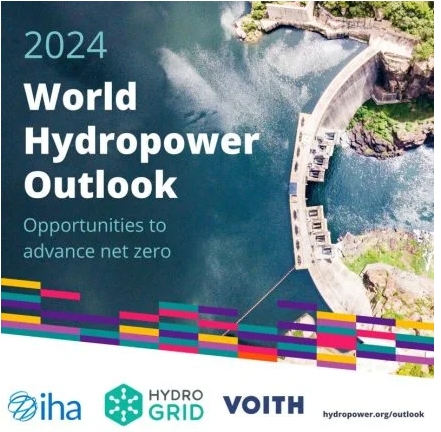Egypt, Ethiopia and Sudan agreed that Addis Ababa will delay the filling of a hydropower dam it is building on the Blue Nile until a final binding deal is reached, the Egyptian presidency said on Friday, signaling progress in talks over the disputed project.
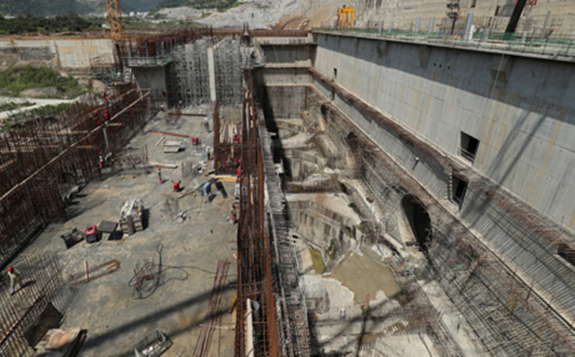 A general view of the the Grand Ethiopian Renaissance Dam (AFP)
A general view of the the Grand Ethiopian Renaissance Dam (AFP)
Renewed negotiations over the $4.8 billion Grand Ethiopian Renaissance Dam (GERD) failed to produce an accord last week, and Ethiopia insisted it will begin filling the dam in July even without approval from the two downstream countries.
On Friday, the three countries agreed to form a committee of legal and technical experts to draft a final binding deal, and to “refrain from taking any unilateral measures, including the filling of the dam, before the agreement is reached,” the Egyptian presidency said in a statement.
The announcement came after an emergency African Union online summit of leaders of the three countries chaired by South African president Cyril Ramaphosa.
Sudan's Prime Minister Abdalla Hamdouk said in a statement that the three leaders have agreed to “postpone the filling of the reservoir until an agreement is signed”.
The technical committee will try to strike a deal within two weeks as suggested by Ethiopia, his office said.
The committee will also include leaders of Kenya, Mali and Kongo, as well as international observers -- which include the US, the EU and South Africa, the current chairman of the African Union.
Sudan described the meeting as “positive” and said the leaders of the three nations “discussed the need to reach a solution that satisfies all parties," according to Sudanese state news agency SUNA.
Egypt last week called on the United Nations Security Council to intervene to restart talks on the mega-project and warned that filling the dam without a deal would “threaten international peace and security.”
Sudan joined Egypt in expressing concerns to the UN’s most powerful body, saying in a letter on Wednesday that the unilateral filling of the dam, located around 15 km from the Sudanese border, could “cause substantial risks” to Khartoum and endanger the lives of millions of people living downstream.
Sudan fears the giant Ethiopian dam will put the operation of its Roseires dam at risk if not properly designed, filled and operated.
A letter about the conclusion of Friday's virtual session will be submitted to the Security Council to consider during its session discussing the dam dispute on Monday, Egypt said.
Ethiopia’s Prime Minister Abiy Ahmed said on Twitter the discussions were “fruitful”, adding that the African Union offers the “right space to dialogue”.
Earlier this week, UN spokesman Stephane Dujarric urged the three countries to “work together to intensify efforts to peacefully resolve outstanding differences”.
Egypt, which relies on the Nile for 95% of its freshwater, fears the dam will significantly cut the river’s flow, while Ethiopia says the project is key to its development efforts.
